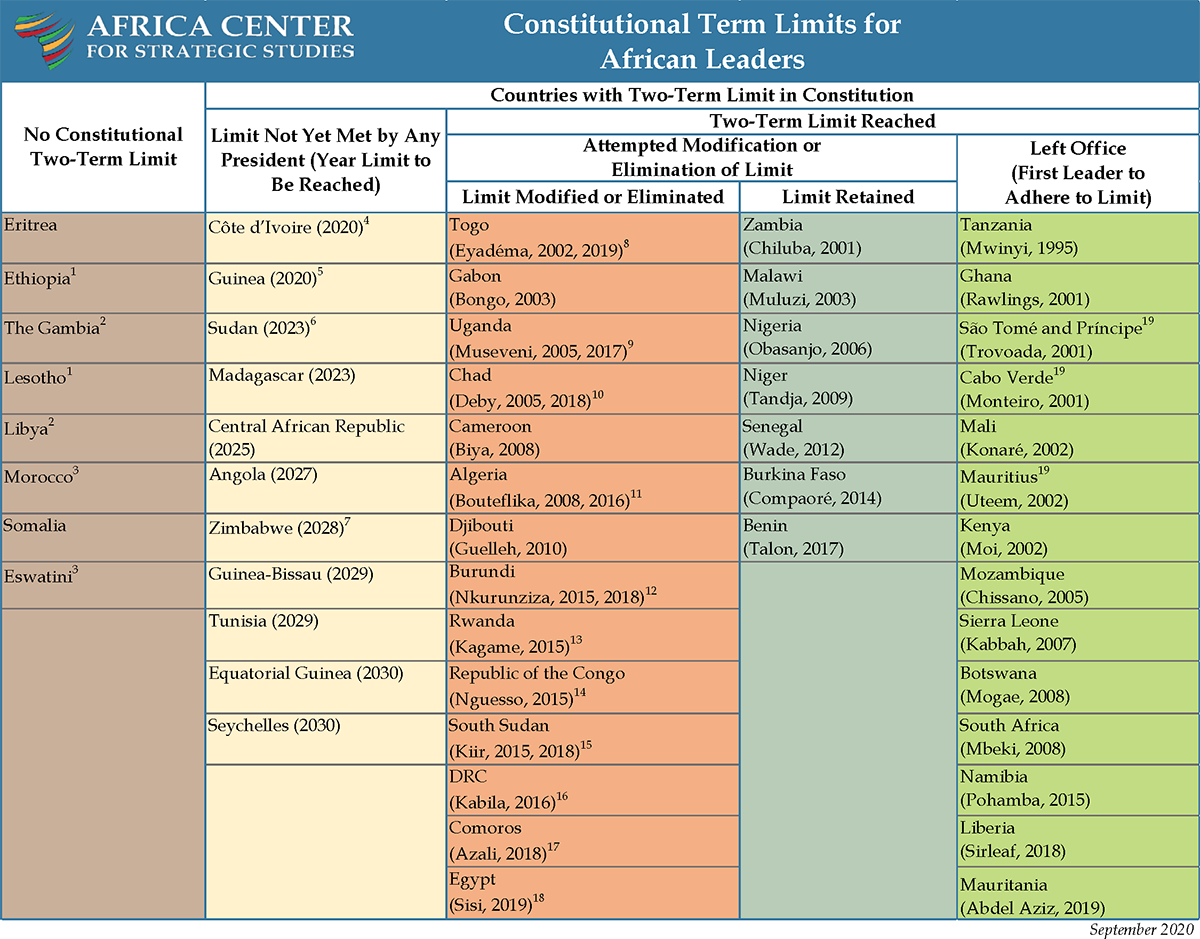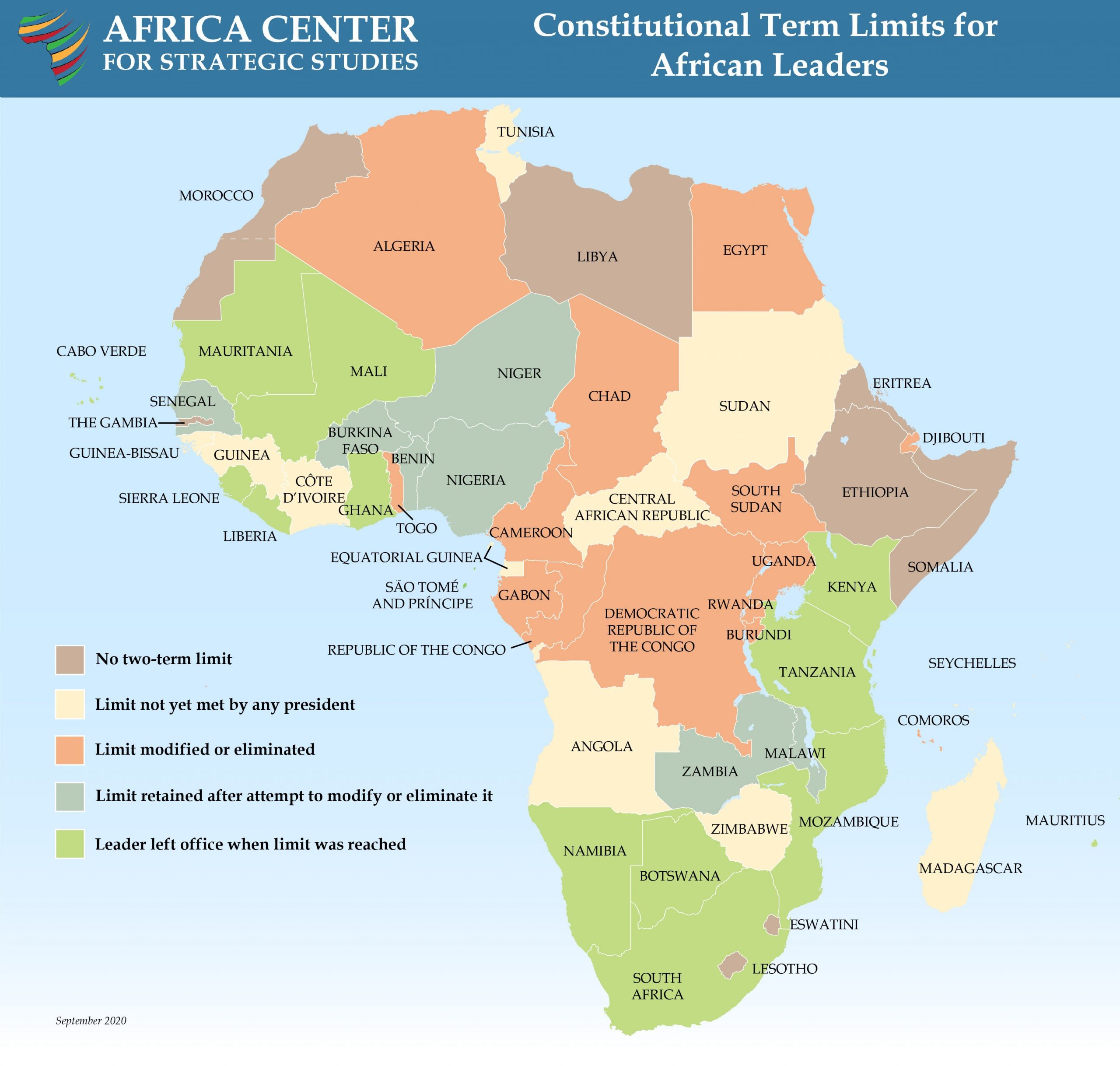
Sub-Saharan Africa’s youth are startlingly, evenly split – 48% – 48% – divided over whether democracy or stability (economically stable, one-party states) is more important for the future well-being of the continent, according to one survey. The study reveals that political failure and subsequently high levels of disillusionment in governance to bring about necessary change bodes the potential to make this generation vulnerable to autocracy, reports suggest:
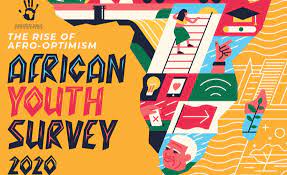 These and other discoveries stem from the African Youth Survey (AYS), conducted by PSB Research (part of WPP Group), which involved 4,200 face-to-face interviews with Africans aged 18 to 24, held across the major urban centres of 14 sub-Saharan African nations; a project meant to develop foundations for a better global understanding of a demographic that is all too often misunderstood.
These and other discoveries stem from the African Youth Survey (AYS), conducted by PSB Research (part of WPP Group), which involved 4,200 face-to-face interviews with Africans aged 18 to 24, held across the major urban centres of 14 sub-Saharan African nations; a project meant to develop foundations for a better global understanding of a demographic that is all too often misunderstood.
Key findings on the democracy question in Africa include:
- Only a slight majority of West Africans (51:46) leaned towards democracy, while a slightly larger majority of East Africans (56:40) favored stability
- In some conflict-stricken countries, the contrast was sharper, such as in Mali, wherein 77% of youth considered stability more important
- Mali notwithstanding, Francophone countries favored democracy by wider margins (60%)
- Countries riven by internal conflicts in recent decades skewed more towards stability. In Rwanda, for instance, 56% opted for stability
- Young people with the least access to the news were found to be more likely to take a nationalist stance
- For young Africans who have regular access to the internet, the study indicates that 50% prefer stability over democracy
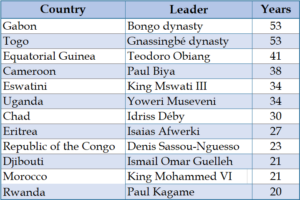 “The AYC framing of democracy vs. stability is unfortunate,” said Joseph Siegle, Research Director at the Africa Center for Strategic Studies. “This either/or framing is what we heard as part of the old Authoritarian Advantage thesis. And it’s the same narrative Putin is promoting today. Yet, the historical track record has shown that authoritarians, by and large, don’t bring more stability – but, in fact, are much more likely to face armed conflict and economic crisis.”
“The AYC framing of democracy vs. stability is unfortunate,” said Joseph Siegle, Research Director at the Africa Center for Strategic Studies. “This either/or framing is what we heard as part of the old Authoritarian Advantage thesis. And it’s the same narrative Putin is promoting today. Yet, the historical track record has shown that authoritarians, by and large, don’t bring more stability – but, in fact, are much more likely to face armed conflict and economic crisis.”
The erosion of term limits is a setback for good governance in Africa, according to Siegle and his colleague Candace Cook, a Research Assistant at the Africa Center for Strategic Studies:
- Leaders in countries with term limits have been in office, on average, for 4 years. Those that have modified or eliminated term limits have been in power for a median of 10 years.
- Recent years have also seen the ouster of long-ruling African leaders by their erstwhile political allies, resulting in a continuation of the existing power structure. If these regimes—Algeria, Burundi, Democratic Republic of the Congo, Sudan, and Zimbabwe—are included, then the median time in office for countries without term limits jumps to 17 years.
- Nine of the 10 African countries facing civil conflicts (excluding insurgencies by militant Islamist groups) are those without term limits.
- Of the 10 African countries that are the largest source of Africa’s 29 million refugees and internally displaced populations, 8 are countries lacking term limits.
- Corruption is a challenge in many African countries, though it is particularly pernicious in countries without term limits. For countries that have modified or eliminated term limits, the median ranking on Transparency International’s annual Corruption Perceptions Index is 145 out of 180 countries. This is 57 places lower than the average ranking for African countries that have adhered to term limits.
But do changes of leaders and governments generate more democratic and responsive governments? asks Nic Cheeseman, Professor of Democracy at the University of Birmingham. The Bertelsmann Transformation Index Africa Report 2020 (BTI), A Changing of the Guards or A Change of Systems?, suggests that we should be cautious about the prospects for rapid political improvements, he writes.
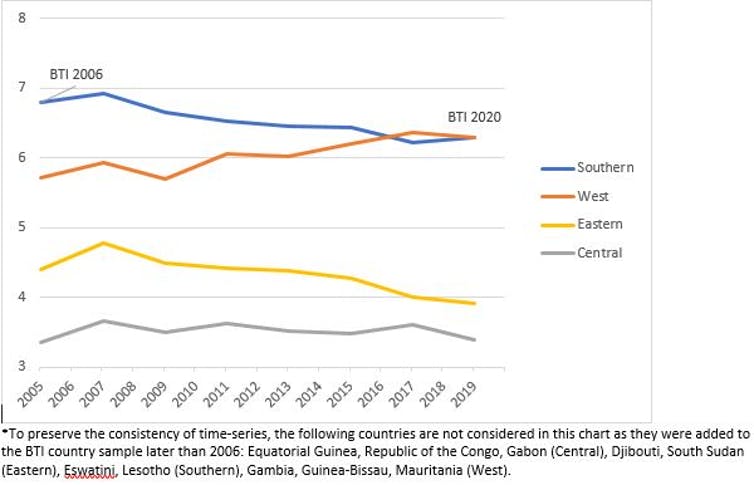
Reviewing developments in 44 countries from 2017 to the start of 2019, the BTI report finds that leadership change results in an initial wave of optimism. But ongoing political challenges and constraints mean that it is often a case of “the more things change the more they stay the same”.
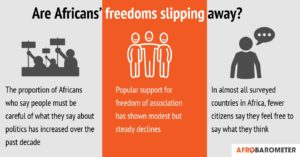
Afrobarometer
African strongmen have long tried to curb media freedom. What is perhaps more concerning is the growing evidence that a majority in some African countries now supports their governments’ attempts to suppress media freedom, adds Jeff Conroy-Krutz, associate professor of political science at Michigan State University and editor of the Afrobarometer Working Papers Series.
Findings from the latest surveys conducted between 2016 and 2018 by Afrobarometer, an independent African research network that tracks African citizens’ attitudes on political, economic and social issues, suggest that support for media freedom is in sharp decline across the continent. The 2016-18 survey round is the first in which more Africans backed the concept of government restrictions than endorsed media freedoms, he writes for the National Endowment for Democracy’s Journal of Democracy.
